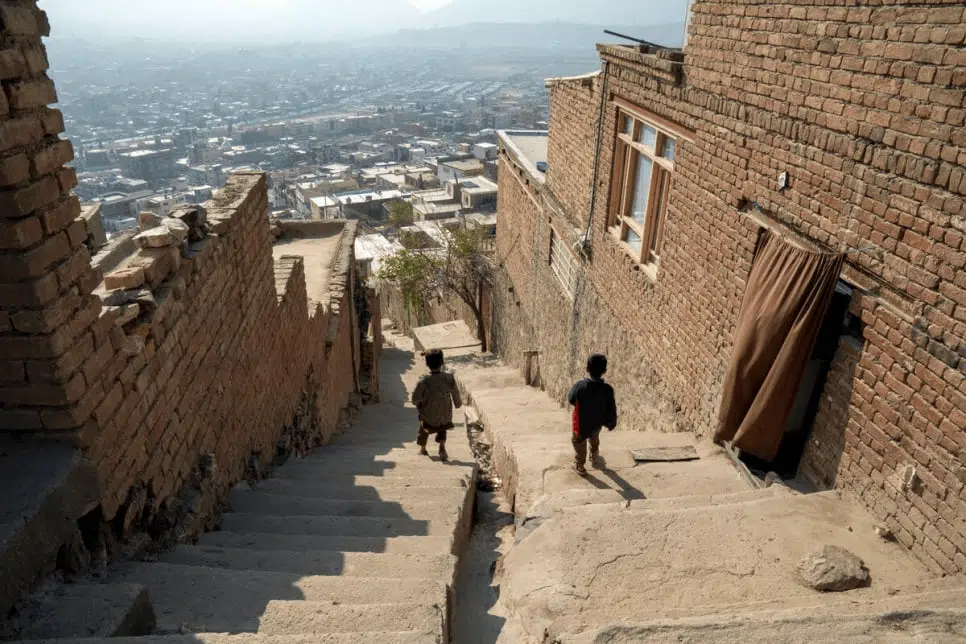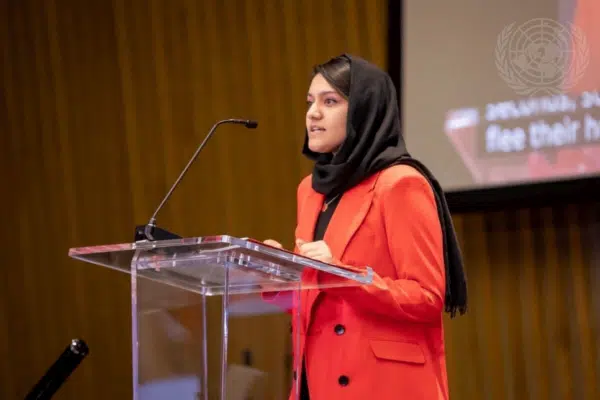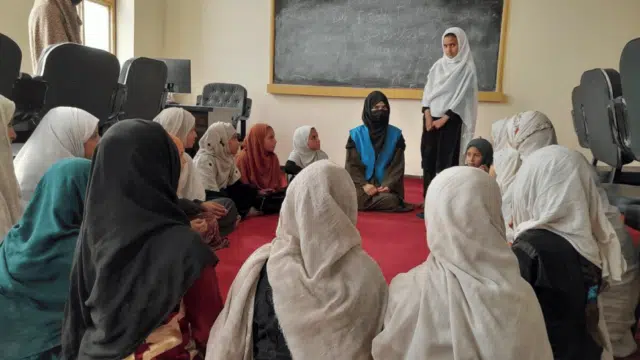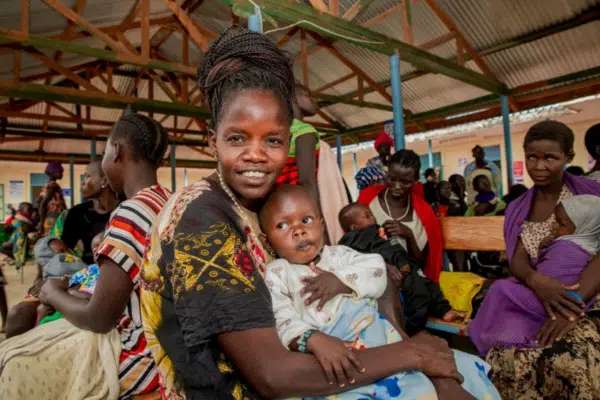
As Afghanistan faces one of the world’s largest and most severe humanitarian crises, millions of Afghans are looking to the international community for support. © UNHCR/Oxygen Film Studio (AFG)
This is a summary of what was said by UNHCR spokesperson Shabia Mantoo – to whom quoted text may be attributed – at today’s press briefing at the Palais des Nations in Geneva.
GENEVA — UNHCR, the UN Refugee Agency, and humanitarian partners have launched a response plan to support 7.9 million people: 5.2 million Afghans —including refugees— as well as 2.7 million of their local hosts across the region.
The Regional Refugee Response Plan for the Afghanistan Situation 2023 seeks US$613 million to support Afghans sheltering in five neighbouring countries: Iran, Pakistan, Tajikistan, Turkmenistan and Uzbekistan.
These countries host some 8.2 million Afghans, including over 2 million registered refugees. Many have been in the region for decades, mostly in the Islamic Republics of Iran and Pakistan. Those two countries, with others, have generously accommodated Afghans, offering them access to public services at great cost. An estimated 1.6 million have arrived in the region since 2021.
Over 70 per cent of those in need of support are women and children.
A separate UN-wide plan has also been launched to respond to humanitarian needs inside Afghanistan. That plan seeks $4.62 billion for some 23.7 million Afghans in 2023.
Afghanistan is one of the world’s largest and most severe humanitarian crises. A record 28.3 million people – some two-thirds of the population, including women and girls – require humanitarian and protection assistance. Needs have been further exacerbated by recent restrictions on women, including the ban on female Afghan NGO staff.
The UN and its partners are appealing to the international community not to forget or neglect the people of Afghanistan. Humanitarian partners remain on the ground, and they are delivering assistance and protection inside Afghanistan and in the region, despite the challenges.
Millions of Afghans are looking to the international community for support, and to their country’s interim leaders for peace, security, and opportunity. Financial support remains critical to stave off wide-spread hunger, disease, malnutrition and, ultimately, death.
A similar funding appeal for 2022 was only 52 per cent funded, with $321 million received of the $623 million required. Despite the shortfall, UNHCR and partners have been able to support millions of Afghans and their hosts in neighbouring countries. Vital humanitarian work resulted in further access to healthcare, primary and secondary education, financial assistance and improvements in water supply systems.
For more information:
- In Bangkok, Babar Baloch, baloch@unhcr.org, +66 80 086 5611
- In Geneva, Shabia Mantoo, mantoo@unhcr.org, +41 79337 7650
- In Ottawa, Levon Sevunts, sevunts@unhcr.org, +1 613-286-6975





